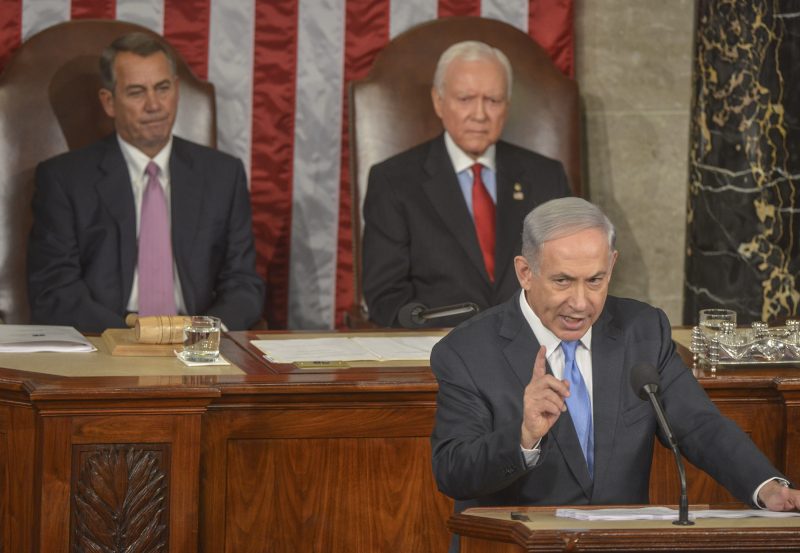The political landscape between Netanyahu’s Israel and Biden’s Democrats has been gradually shifting over the years, a factor that has greatly shaped the current interactions between the two. Even as new faces appear in the political scene, the fissures marked in the relationship over time continue to inform their foreign policy decisions and interactions. Understanding the evolving dynamics between these two entities demands an analysis of the key factors that have induced the split.
Unquestionably, the relationship between the United States and Israel undeniably holds a significant place in global politics. In the past, Democrats and Israel exhibited enduringly close relations wherein bilateral decisions were made with mutual understanding and respect. However, the bond began to show signs of tension during the Obama administration, where Netanyahu openly challenged the former president’s policies. The contention escalated when Netanyahu, in an unprecedented move, addressed the US Congress in 2015 without the White House’s approval, criticizing the Iran nuclear deal. This act, which bypassed diplomatic protocols, marked a turning point in Israel-Democrats relations.
Another key influence was the stark ideological divergence between Netanyahu’s party ideology and the values of the Democratic Party. Netanyahu, as the leader of a centre-right party, has long been seen championing policies and pursuits that are not aligned with the increasingly progressive Democratic platform. In recent years, Biden and his party have shown more sensitivity to matters concerning human rights, especially in areas like the Israeli-Palestinian conflict, adding another layer of complexity to their relationship.
Netanyahu’s alliance and near-symbiotic relationship with former President Donald Trump alienated the Democrats further. While Trump’s presidency proved favorable for Netanyahu with the US recognizing Jerusalem as Israel’s capital and the reassessment of the Iran nuclear deal, it strained his relationship with the Democrats. Trump’s policies amplified the differences between Netanyahu and the Democrats and magnified the latter’s disapproval for the former’s actions.
Moreover, Democrats have also become more vocal about their disapproval of Israel’s policies concerning the Palestinians. There has been a slow but significant shift within the Democratic Party, with younger and more progressive voices supporting Palestinian rights, and criticizing Israel’s actions. This trend was reflected in the 2020 Presidential Elections, where Biden, despite being perceived as a traditional pro-Israel politician, promised to restore diplomatic ties with Palestinians, a position contrasting Netanyahu’s government.
Lastly, changing American demographics and public opinion have also contributed to the split. American Jews, traditionally strong supporters of Israel, have over the years become more critical of






























